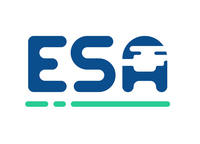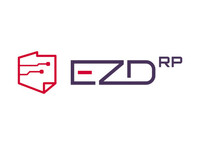Karpowicz, M; Malinowski, K
The well-known problem of price-based coordinability is studied for the case of a multi-agent system in which information regarding the goals of the interacting subsystems is asymmetric. The paper illustrates how the uniform-price-based coordination rules may create incentives to anticipate the values of coordination signals and, thus, why the coordinability condition cannot be satisfied under asymmetric information. For this purpose a comparison is given of Nash equilibrium outcomes that are reachable individually by price-anticipating agents in two noncooperative games. These games are induced by the uniform-price-based coordination mechanism and are referred to as payment-bidding auction and demand-bidding auction. The analysis presented shows that in the games considered some of the agents may improve payoffs and allocations by applying the price-anticipating bidding strategies. However, the payment-bidding auction cannot be strictly dominated by the demand-bidding auction with respect to the resource allocation levels individually received by each agent. The derived results of theoretic considerations are illustrated by numerical examples.












